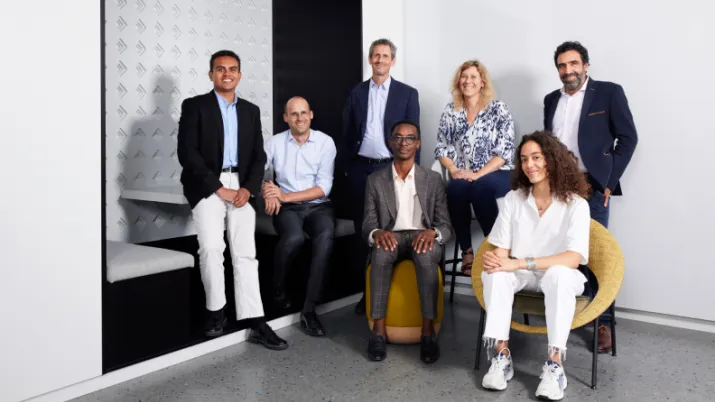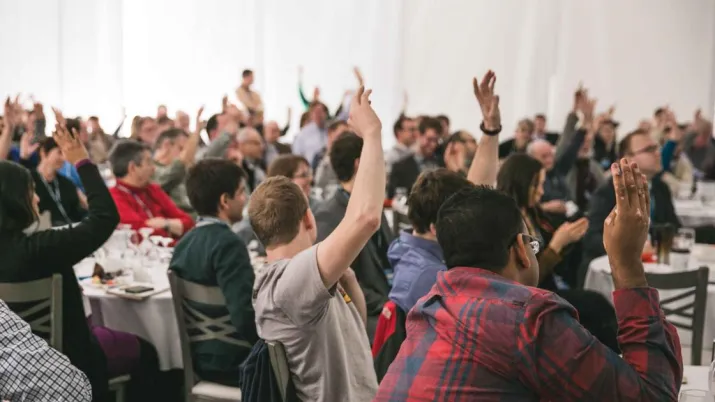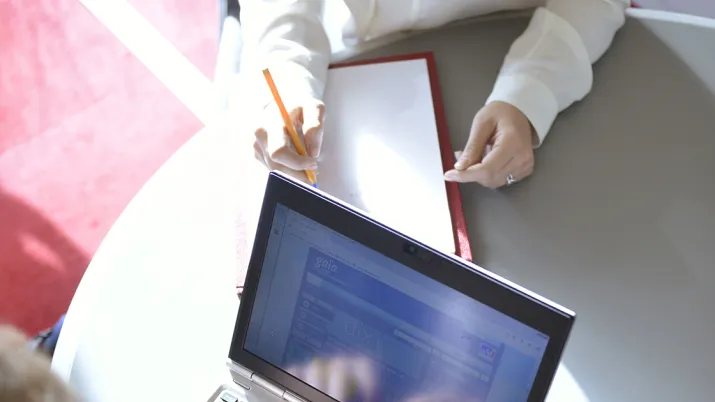Share the page
Why Choose AFD?
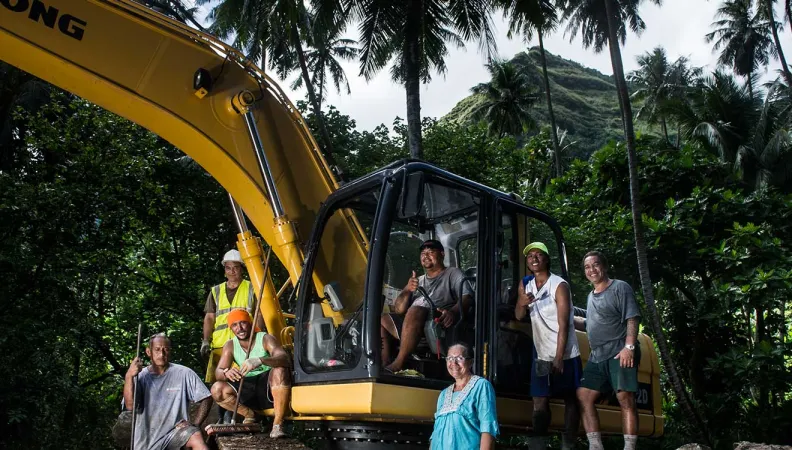
AFD, its 2,650 employees, its 80 nationalities represented, its 85 agencies on 5 continents... What about you?
Joining AFD means giving meaning to your career. It also means choosing to work in a stimulating environment and acquiring new skills. And what if AFD also developed your career?
Sense of commitment
AFD has been a major international actor in development assistance for over 75 years. It contributes to building a more just world with its partners, via its mandate: initiate, finance and support projects that develop resilient societies.
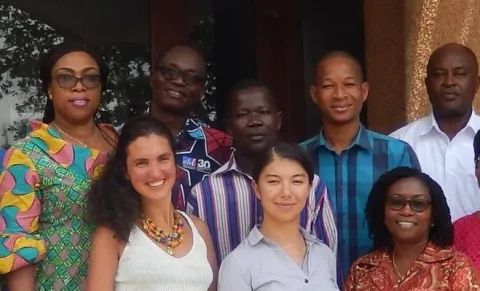
Open-mindedness
The partnership-based implementation of development projects in 115 countries involves daily work with multicultural, multidisciplinary and highly motivated teams.
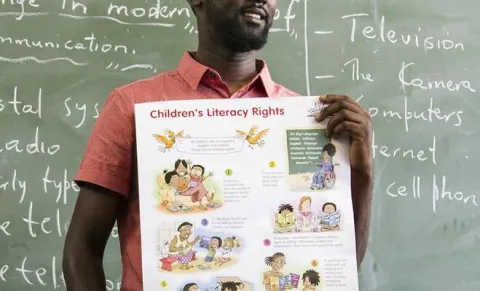 Entrepreneur Bulelani Futshane teaches literacy classes to children © Andiswa Mkosi
Entrepreneur Bulelani Futshane teaches literacy classes to children © Andiswa Mkosi
Diversity of career paths
The commitment to an ambitious training policy, combined with a wide range of opportunities for career development both in France and abroad, allows everyone to develop their expertise and career.
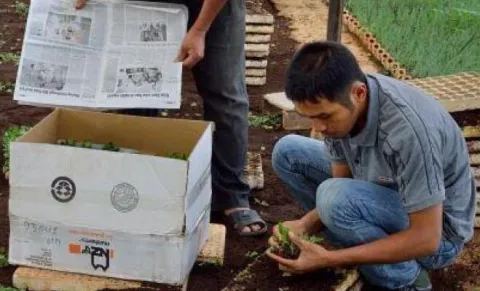 © Laurent Weyl
© Laurent Weyl
“A Project Which Makes Me Proud”
“I am pleased with myself when I manage to document a knowledge gap or demonstrate preconceived ideas in reflection on development, whether internally at AFD, in international debates, or on a very practical level in our countries of operation. Arab-Islamic education in the Sahel region, Sub-Saharan migration and the effectiveness of international aid for education are some of the subjects I have been able to contribute to in a very concrete manner. I also like to contribute to the creation of national research networks that are better connected to public decision-makers, as is currently the case with education in Burkina Faso and employment in Côte d’Ivoire.”
- Economist
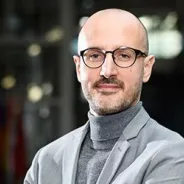
“In 2016, while I was responsible for Niger, we appraised an innovative project to improve the employability of young people and give them employment opportunities in an area controlled by Boko Haram, in Diffa. It involved launching a call for projects with NGOs specialized in these issues. The project was based on an integrated approach in a territory, taking into account all the aspects related to the social and vocational integration of young people, by combining short and long-term actions and involving local stakeholders, such as the central authorities. It was necessary to mobilize various types of internal expertise, which allowed us to set up an ambitious but sound project!”
- Country Director
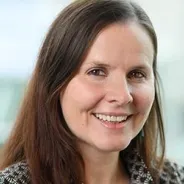
“In Bolivia, AFD is financing a program to build two wind power plants with an installed capacity of 21 and 24 MW (megawatts). During the appraisal of the program, I had to take the specific characteristics of each project into account. While one project may include social measures and solutions to overcome technical difficulties, the other may lead to defining specific protection measures for the environment. Assisting AFD’s experts and the Bolivian teams in addressing these challenges proved to be a very rewarding professional and human experience.”
- International Volunteer
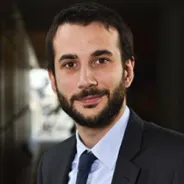
“Giving birth in northern Cameroon costs about 90 euros, whereas the majority of the population earns less than 1.5 euros a day. The introduction of prepayment for healthcare allows women to buy a “health voucher” for about 10 euros and thereby benefit from coverage for delivery care and, if necessary, for hospitalization and a caesarean section. This voucher amounts to 10% of the actual cost of care, and the balance is financed by a grant managed by local management entities based on a verification of the healthcare services actually provided and their quality. Since 2015, over 90,000 women have bought this voucher, with average subscription rates of 70% in communities. We can see that there has been a 50% decline in the mortality of women in health facilities. The grant currently financed by the project will gradually be covered by the State budget, with the objective of tripling the number of vouchers sold by 2020.”
- Project Team Manager
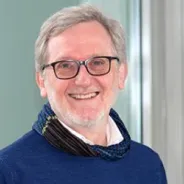
“Microfinance institutions support populations excluded from the traditional banking system. I am proud to assist them in carrying out their social mission to improve living conditions for the most deprived. In addition to financing, PROPARCO helps microfinance institutions improve their practices, both in terms of client protection and governance. Finally, I am proud to have the opportunity to meet very devoted and committed leaders who initiate innovative projects in difficult socioeconomic contexts.”
- Investment Officer (Banks and Financial Markets)
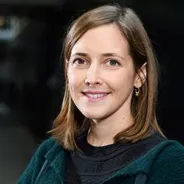
“As a financing legal officer for AFD projects in Côte d’Ivoire, I have worked (and am still working) on financing a program for access to electricity and renewable energy generation. The program is expected to allow the electrification of some 350 rural communities and neighborhood connections in 12 municipal capitals in Côte d’Ivoire. The objective: provide access to electricity to some 110,000 households (i.e. about 660,000 people), who will benefit from connections financed by this program.”
- Financing Legal Officer
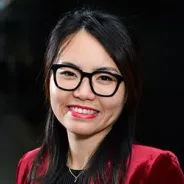
Key figures
-
4,000 projects financed in 2018
-
80 nationalities represented
-
87% of employees benefited from training in 2017

